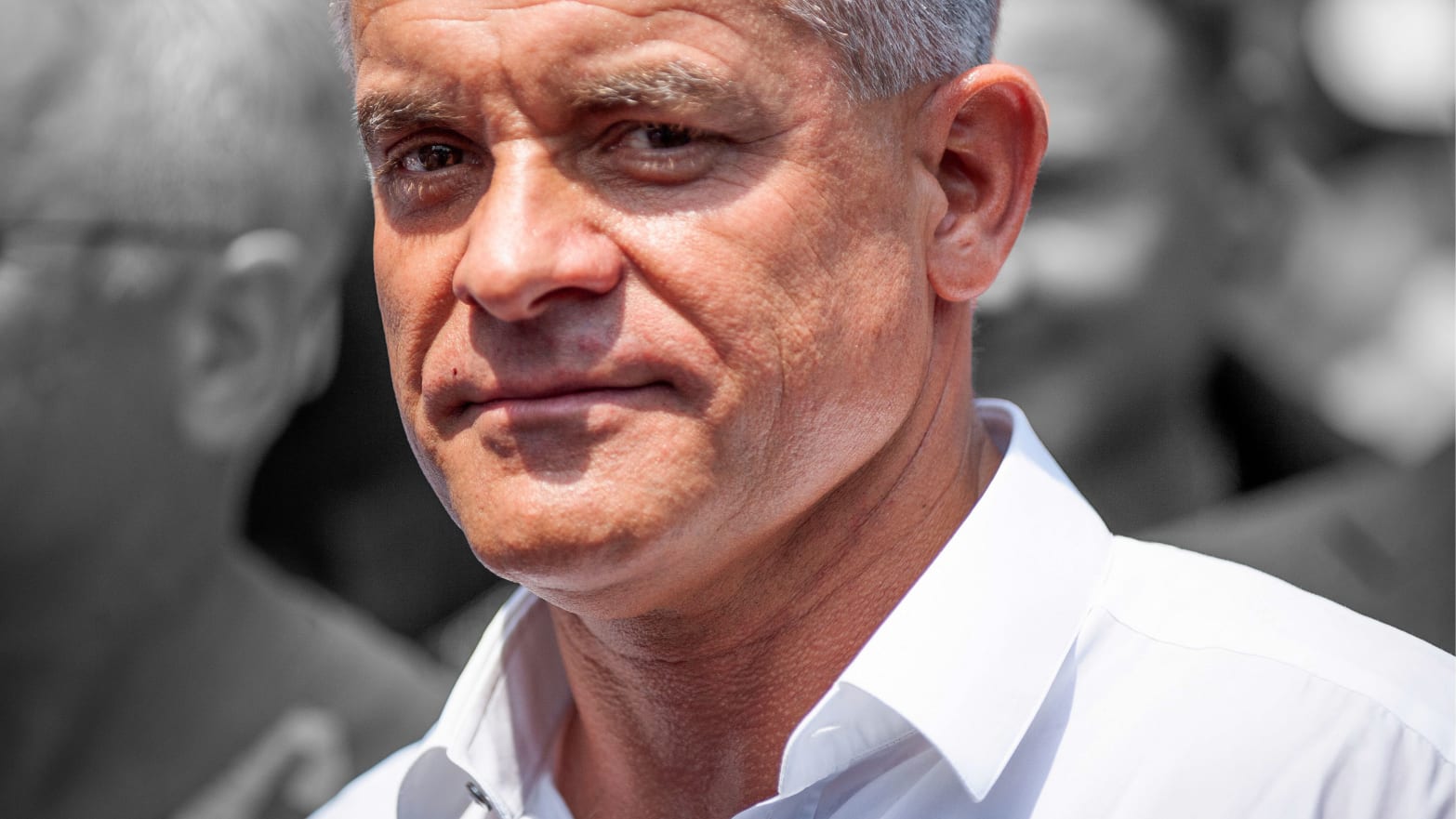It is difficult to know where to start commenting on the ridiculous press conference between Turkish President Recep Tayyip Erdogan and US Pres. Donald Trump at the White House on November 13, 2019. Unfortunately, we do not know what was discussed when the two presidents met earlier behind closed doors.
Before Erdogan came to Washington, several Democratic and Republican members of Congress had signed a joint letter advising Pres. Trump not to invite the Turkish President to the White House which Trump ignored. This was not surprising given the fact that he had repeatedly called Erdogan “a friend” and “a tough guy who deserves respect.” Furthermore, Trump, as a presidential candidate in 2015, confessed that he had a financial interest in Turkey: “I have a little conflict of interest because I have a major, major building in Istanbul. It’s called Trump Towers — two towers, instead of one. … And I’ve gotten to know Turkey very well. They’re amazing people. They’re incredible people. They have a strong leader.” During the joint press conference, Pres. Trump described Turkey as “a great NATO ally,” “a strategic partner of the United States,” and “I am a big fan of the President [Erdogan].”
Trump refused to impose legally required sanctions on Turkey for the purchase of Russian S-400 missiles. NBC News reported last week that former National Security Adviser John Bolton stated during a speech in Miami “that he believes there is a personal or business relationship dictating Trump’s position on Turkey because none of his advisers are aligned with him on the issue.” The House of Representatives had adopted two resolutions a week earlier reaffirming the recognition of the Armenian Genocide by the overwhelming bipartisan vote of 405 to 11, and placing sanctions on Turkey and some of its leaders, including Erdogan, by a vote of 403 to 16, after Pres. Trump withdrew US forces from Northern Syria, abandoning the Kurdish partners and allowing the Turkish military and its jihadist allies to murder hundreds of Kurdish civilians and deport around 200,000 Kurds and others from the area South of the Turkish border.
At the White House press conference, there were several astonishing moments. First of all, Erdogan expressed his anger at the Armenian Genocide Resolution adopted by the House of Representatives on October 29, 2019. Erdogan repeated the usual Turkish propaganda line that there should be a historical commission to study the facts of the Armenian Genocide, while Pres. Trump silently looked on. Neither Erdogan nor Trump is probably aware that this issue has been studied by scores of historians, including the International Association of Genocide Scholars, which issued a joint statement confirming the veracity of the Armenian Genocide.
During the joint press conference, Pres. Trump encouraged Erdogan to call on a Turkish journalist for a question. Trump told Erdogan: “Would you like to pick somebody? A friendly person from Turkey, friendly. Only friendly reporters. We like to see, there aren’t too many of them around.” There are no journalists left in Turkey who are not friendly to Erdogan. This year alone, 68 journalists were arrested in Turkey which has jailed more reporters than any other country in the world.
Trump then proceeded to whitewash Erdogan’s crimes against Kurds by stating: “And, by the way, I think the president [Erdogan], he may have some factions within Kurds, but I think the president has a great relationship with the Kurds. Many Kurds live currently in Turkey, and they’re taken care of.” This is an absolute lie! Over 30,000 Kurdish citizens of Turkey have been killed by the Turkish military in the last few decades. Furthermore, 15 elected Kurdish mayors were dismissed by the Turkish government and arrested on trumped up charges.
During the White House press conference Erdogan made another scandalous statement saying that he returned a letter that Pres. Trump had sent him on Oct. 9, 2019, by leaving it on the President’s desk during their meeting. In that letter, Pres. Trump had told Erdogan, “Don’t be a tough guy! Don’t be a fool!”
Erdogan made one more idiotic comment on November 13, 2019, during his visit to the Washington Center of Turkey’s Directorate of Religious Affairs. Erdogan claimed that Armenians were “nomads” during the Armenian Genocide. Armenians “used to travel in different places as nomads. The forced deportation took place while they were living the same way as nomads in Turkey,” Erdogan falsely alleged, ignoring that Armenians were natives in their lands where they had lived for thousands of years before the Turkic tribes came from East Asia and conquered their homeland.
An incredible conversation took place a week before Erdogan arrived in the United States. Turkish newspaper Sabah reported that during a phone call between the Turkish and US presidents on November 5, 2019, Erdogan said Pres. Trump asked him “whether it would be more suitable to use the word ‘war’ instead of calling it ‘genocide’?” Surprisingly, Erdogan said he rejected Trump’s suggestion on the grounds that “a war is between two states and that Armenians had in fact been subject to forced migration.”
Erdogan told Trump that “there are efforts to intimidate us with the so-called Armenian bill and sanctions threat.” Pres. Trump then asked Erdogan how previous US presidents handled the Armenian Genocide issue, to which Erdogan replied: “Until now, I have worked with Bush and his son, and in the same way with Obama. Now I am working with you. At that time, they would refer this [genocide resolution] to the [House] committee and the committee would send it back. This time they bypassed the committee and sent it to the Congress.” Erdogan said Trump replied: “I will study it and talk to friends.”
Of course, Erdogan gave false information to Pres. Trump. The Armenian Genocide resolution had been approved by the full House of Representatives twice before in 1975 and 1984, and had passed through the House Foreign Affairs Committee several times.
It is ironic that Pres. Trump is asking Erdogan for advice on what to call the Armenian Genocide and how previous US presidents handled the genocide issue. All those ‘proud’ Armenian-American supporters of Trump should initiate immediate steps to educate the US president on the facts of the Armenian Genocide so he is not fed lies by the likes of denialist Erdogan!
Immediately after his meeting with Erdogan and the joint press conference on Nov. 13, Pres. Trump invited a small group of Republican Senators to the White House to meet with Erdogan at Trump’s presence. This was an obvious ploy on the President’s part to dump the responsibility on the Senate for any action the Senators may take against Turkey.
Following this meeting, when the Senators returned to the Senate floor, Sen. Robert Menendez (Dem.-N.J.) proposed to suspend the rules and bring the pending Armenian Genocide resolution directly to the full Senate bypassing the Senate Foreign Relations Committee. Sen. Lindsey Graham (Rep.-South Carolina) objected to Sen. Menendez’s request for consent. Under Senate rules, all it takes is one Senator to object, to prevent the Resolution to bypass the Senate Foreign Relations Committee. Sen. Graham, in his Senate remarks, explained: “I just met with President Erdogan and President Trump about the problems we face in Syria by the military incursion by Turkey. I do hope that Turkey and Armenia can come together and deal with this problem.” Sen. Graham added that he was objecting “not because of the past but because of the future.” Those remarks made his objection even worse.
Sen. Graham’s rejection has confused some people into believing that the Armenian Genocide resolution is dead in the Senate. It is not. The Senate Foreign Relations Committee now has to consider the resolution and then, after approval, forward it to the full Senate.
|
|



